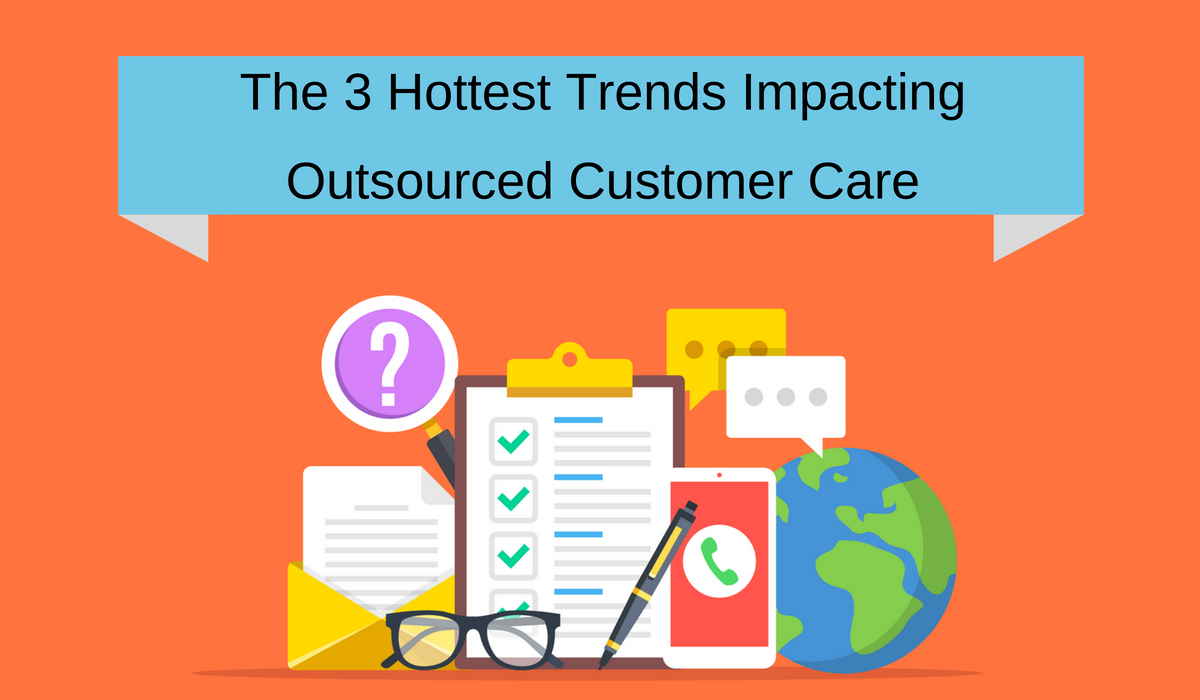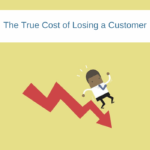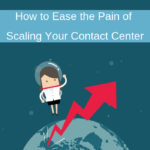The 3 Hottest Trends Impacting Outsourced Customer Care

The only constant in the customer care world is change, and if you don’t keep up, you’ll be left behind. That’s why we’ve compiled these must-read articles to keep you updated and give you some food for thought as you think about the future of your outsourced customer care.
TL;DR: Vendor relationships can no longer remain merely transactional & should be relational. Chatbots are the future of customer service world. Data analytics will help companies personalize the customer service experience.
p.s. Our Contact Center Buyer’s Guide is now available. Grab your free copy here!
Strategic Partnerships with Contact Centers
“60% of B2B clients are emotionally indifferent toward their suppliers.”
If that statistic causes you alarm, you’re in the right place. We’re avid believers that strategic partnerships with your vendors and suppliers are vital to the trajectory of your success. In this recent Forbes article, the author aptly points out that “the ability to extract the best from key partners is as important as getting the best from employees.” You (hopefully) aren’t emotionally indifferent towards your employees, so why would you be towards your providers, whose impact on your organization is just as valuable?
Viewing your supplier as an extension of your internal organization invites the opportunity for knowledge sharing, process improvements, risk reduction, and product/service innovation. This is especially the case in the contact center, where your outsourcer handles critical interactions with your customer base. They represent your brand in the most vulnerable way possible, so investing in the relationship is imperative.
The idea that vendor relationships can no longer remain merely transactional is becoming more widespread. While this has been our viewpoint for years, it’s a realization that is finally taking the B2B world by storm, as more companies realize the competitive advantage a strategic partnership affords them. Hopefully by next year, that 60% statistic will be much, much lower.
If you’re looking to improve supplier relations, check out the article>
Related:
5 Insights About Sourcing and Developing Strategic Partnerships
5 Procurement Tips for Seeking an Outsourced Contact Center
The Role of Chatbots in Customer Care
“By 2020, 85% of all customer interactions will be handled without a human agent.”
Chatbots are becoming ever more prevalent in the customer service world, but they are still very much a make-or-break technology. Used well, they transform your customer experience for the better. Used badly, they hurt your brand and bottom line.
This article from IBM explores the massive benefits of chatbots when effectively implemented. This technology can field up to 80% of routine and transactional customer interactions while turning your contact center into a 24/7/365 operation. In addition to an improved response time, chatbots also enable your human agents to focus on the resolution of more complex customer support scenarios.
Powered by artificial intelligence and machine learning, chatbots learn from each customer interaction, constantly working towards better delivery and increased customer trust. In all, chatbots – and related Natural Language Processing tools – are predicted to save companies about $8 billion in costs by 2022.
For more insight, read this article>
Related:
The Evolution of Self-Serve Customer Service
AI and Customer Care: The Future is Here
Data Analytics in the Contact Center
Evolving technology and shifting customer expectations are the two biggest catalysts of change in today’s contact center. The most important place where these two factors join forces is in data analytics. In fact, of all the trillions of bytes of data an organization produces each day, the majority share is related to the customer experience.
This article from Gartner illustrates how mining big data for predictive and prescriptive insights can help organizations more intimately understand their customers. In turn, they can cater their services, products, and processes to build a more personalized customer experience – exactly what today’s consumers are craving. In the contact center, data analytics helps identify important patterns of customer interaction across all channels, informing a more holistic view of the customer experience. It reveals how and why failures occur and can help predict ways to tackle similar scenarios in the future, in turn impacting call volume and other key metrics.
However, the Gartner article points out that it’s all too easy to approach data analytics with goals and objectives that are simply too broad (and therefore less actionable) rather than honing in on specific use cases. Specificity is key to deriving the most value from your data and turning it into actionable insight.
Related:
Contact Center Big Data: 3 Things You Need to Know
How to Get Actionable Insight from Your Contact Center Reporting
Seeking an innovative customer care solution? Look no further. We’d love to share our insight and find out how our contact center solutions can give your organization the competitive edge. Let’s chat!






